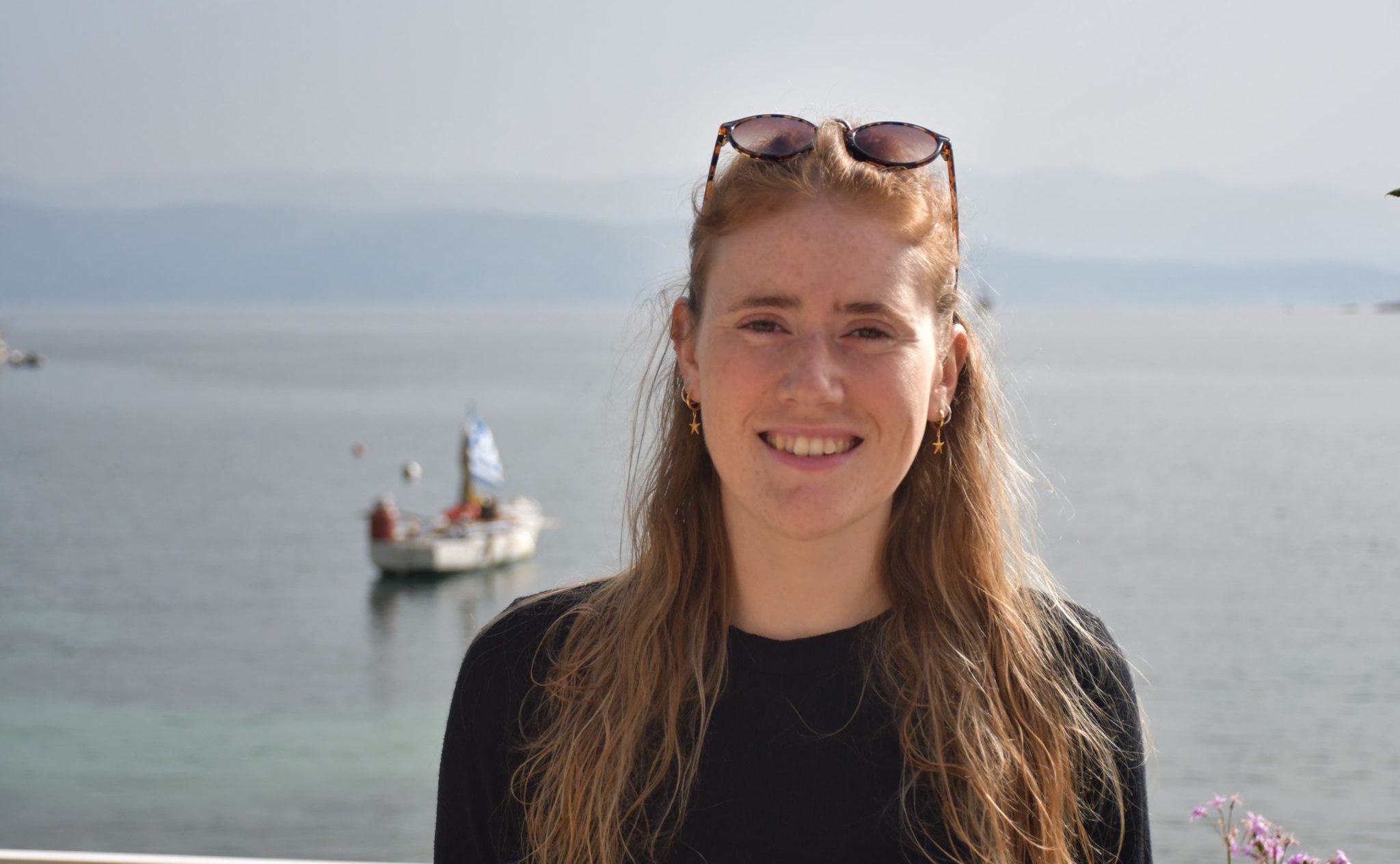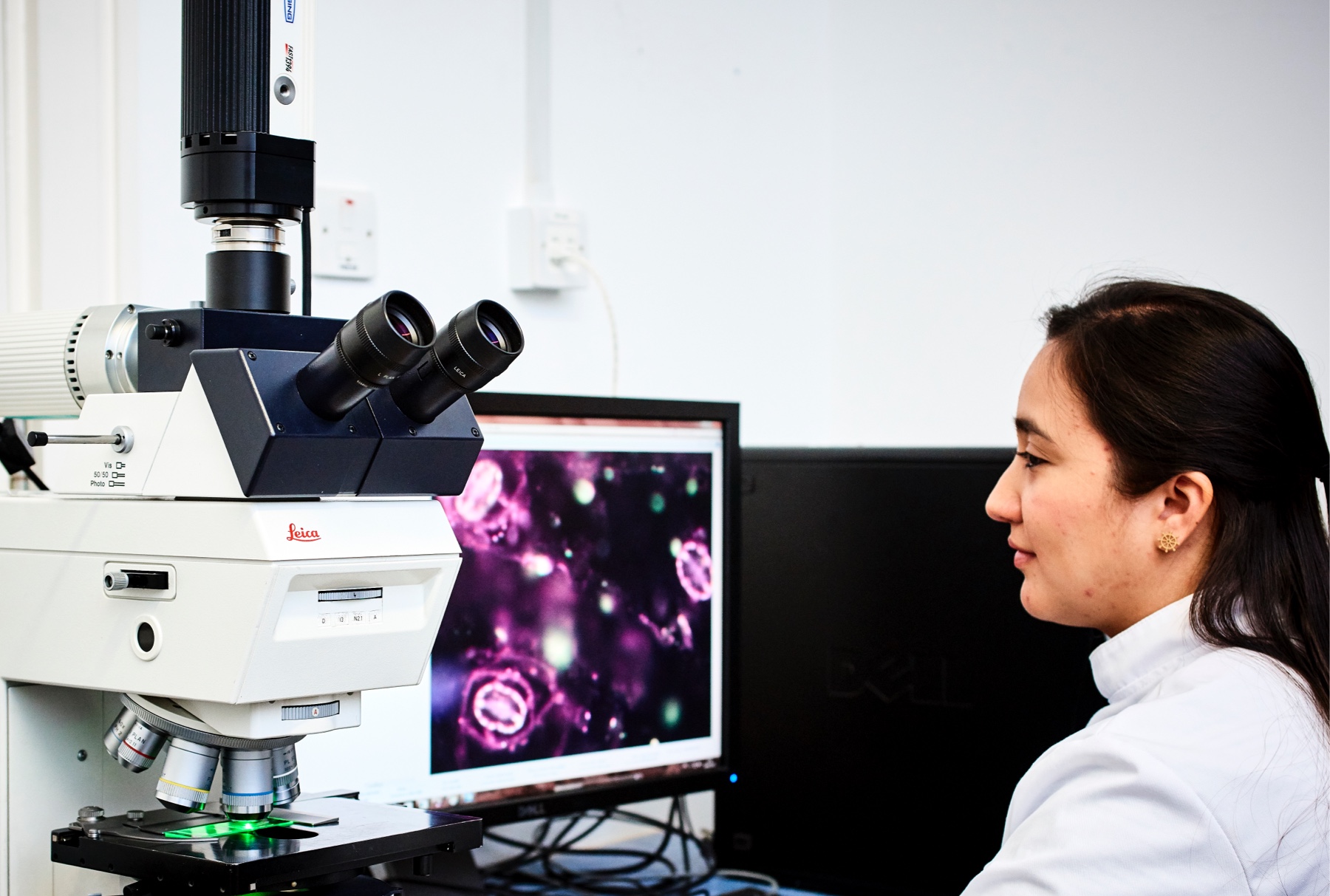Our Postgraduate Researchers
Lizzie Keen
Project Title: The impact and management of Himalayan balsam in Ancient Woodlands
Invasive alien species (IAS) have been identified as one of the top fiver drivers of biodiversity decline. Impatiens glandulifera, Himalayan balsam, has been acknowledged as one of the most widespread invasive alien plants in Europe. Its dense monospecific stands negatively impact native flora and invertebrate communities in riparian habitats. The ability of I. glandulifera to tolerate a wide range of environmental conditions has facilitated its expansion from riverine habitats into previously uncolonized woodlands and forests with its spread into European forests having accelerated over the last 20 years. To date, no study has focused on the impacts and best management practices of IAS in ancient woodlands, the most complex and rich terrestrial habitat covering 2.5% of the UK and supporting numerous specialist and threatened species.
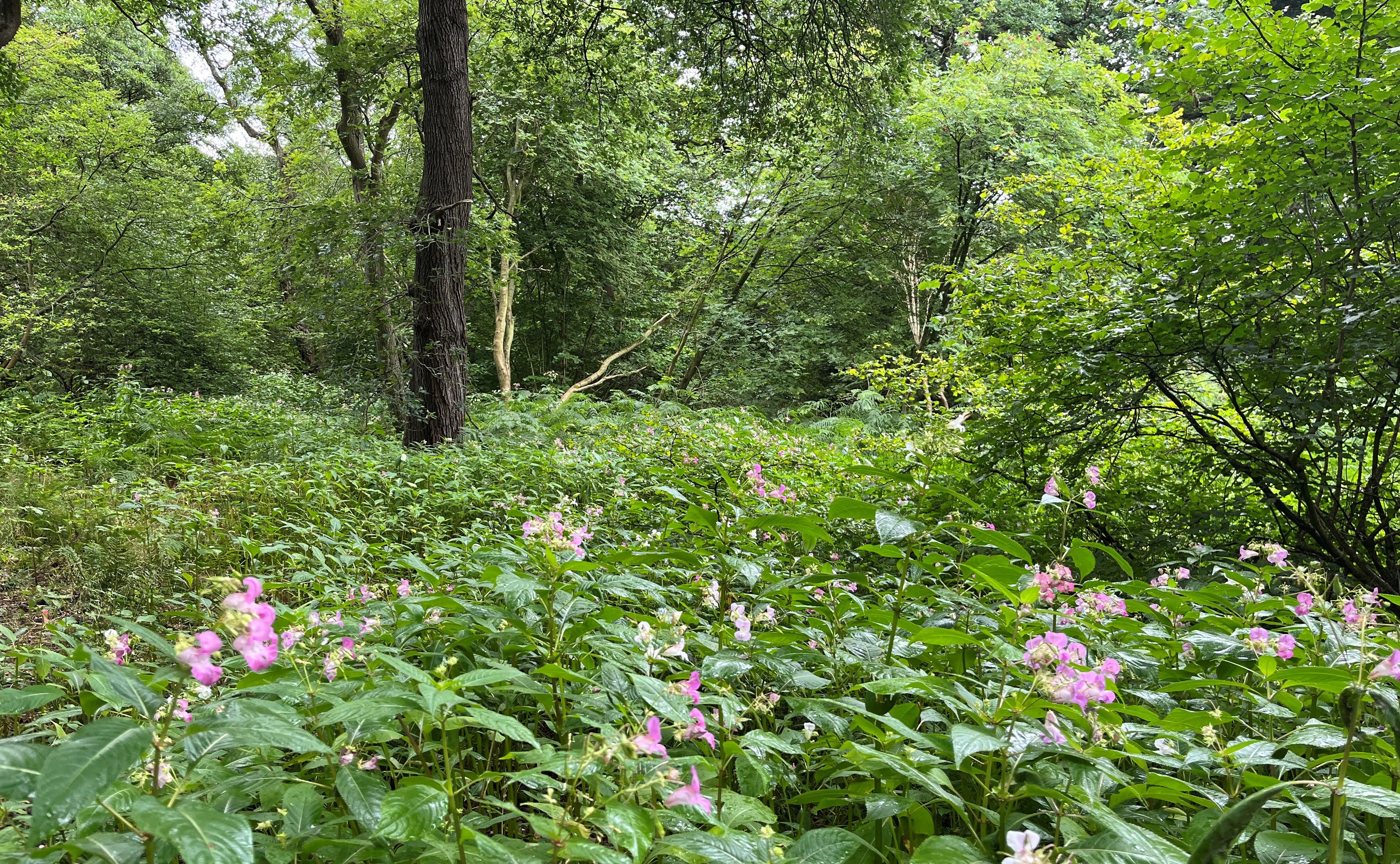
Amna Almansoori
Project Title: From Ecosystem to Conservation: Investigating the Ecological Significance of Mangroves and Identifying Conservation Strategies in the Southern Arabian Gulf
My PhD study aims to evaluate mangrove habitats for supporting biodiversity and develop conservation strategies for those found in the Southern Arabian Gulf. My research focuses on: (1) review global and regional data sources on mangroves using a systematic mapping approach, (2) assess the habitat use of marine fish species and identify community assemblage within mangrove creeks using visual census, and (3) address the challenges and develop focused solutions to provide a realistic roadmap for the conservation of mangroves using qualitative data from semi-structured interviews. Collectively, the results will provide the necessary scientific evidence and tools to better manage mangroves in the Arabian region.
Contact Info:
LinkedIn: https://www.linkedin.com/in/amna-almansoori-39847243/
ResearchGate: https://www.researchgate.net/profile/Amna_Almansoori3
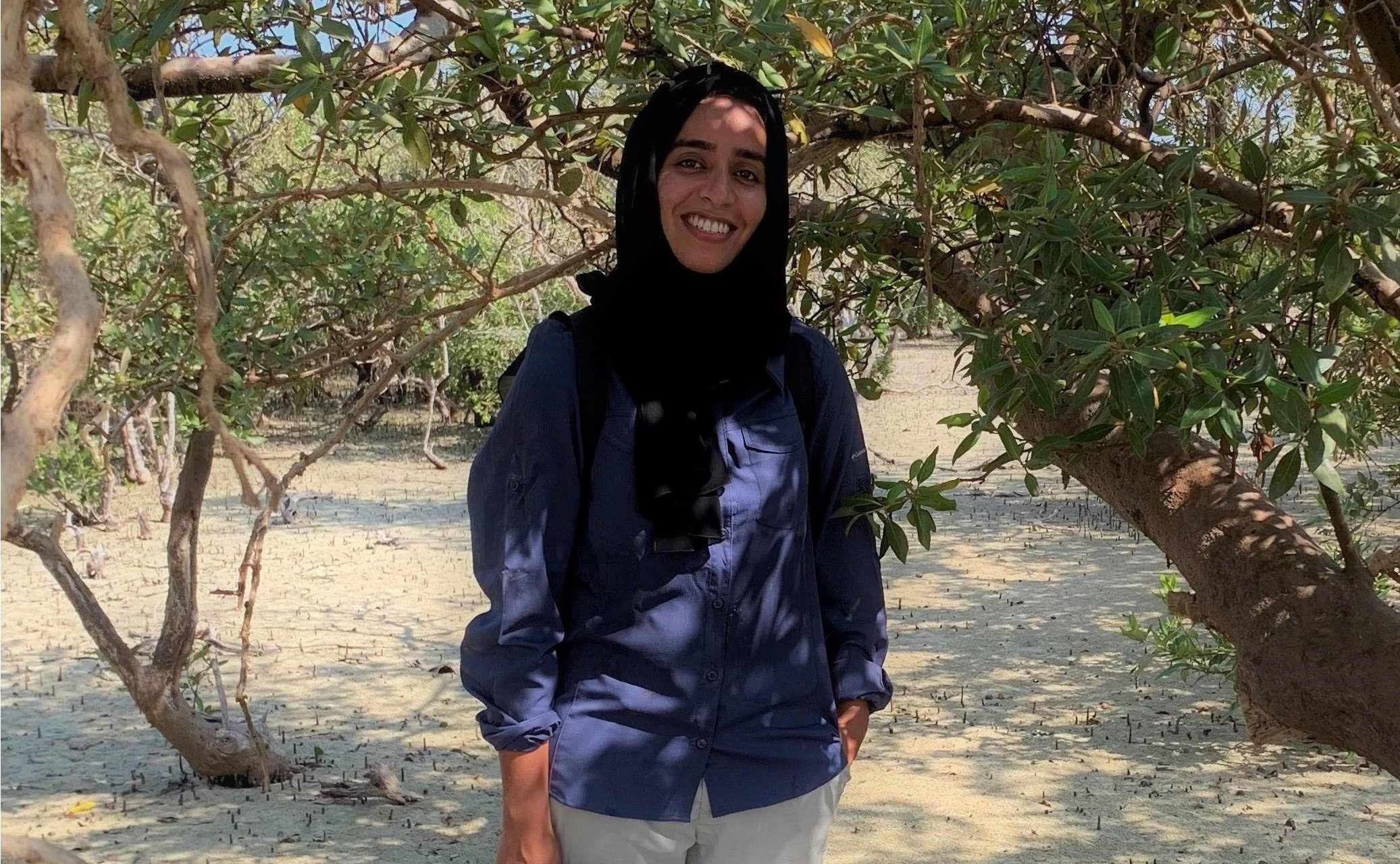
Nicholas Allen
Project Title: Methods to evaluate hedgerow carbon and biodiversity value in the UK
Developing and testing remote sensing methods for accurate carbon assessments of habitats around farms in the UK, needed for farming to reach net zero. Also looking into biodiversity indicators of hedgerows.
Contact Info:
https://www.linkedin.com/in/nickall3n/
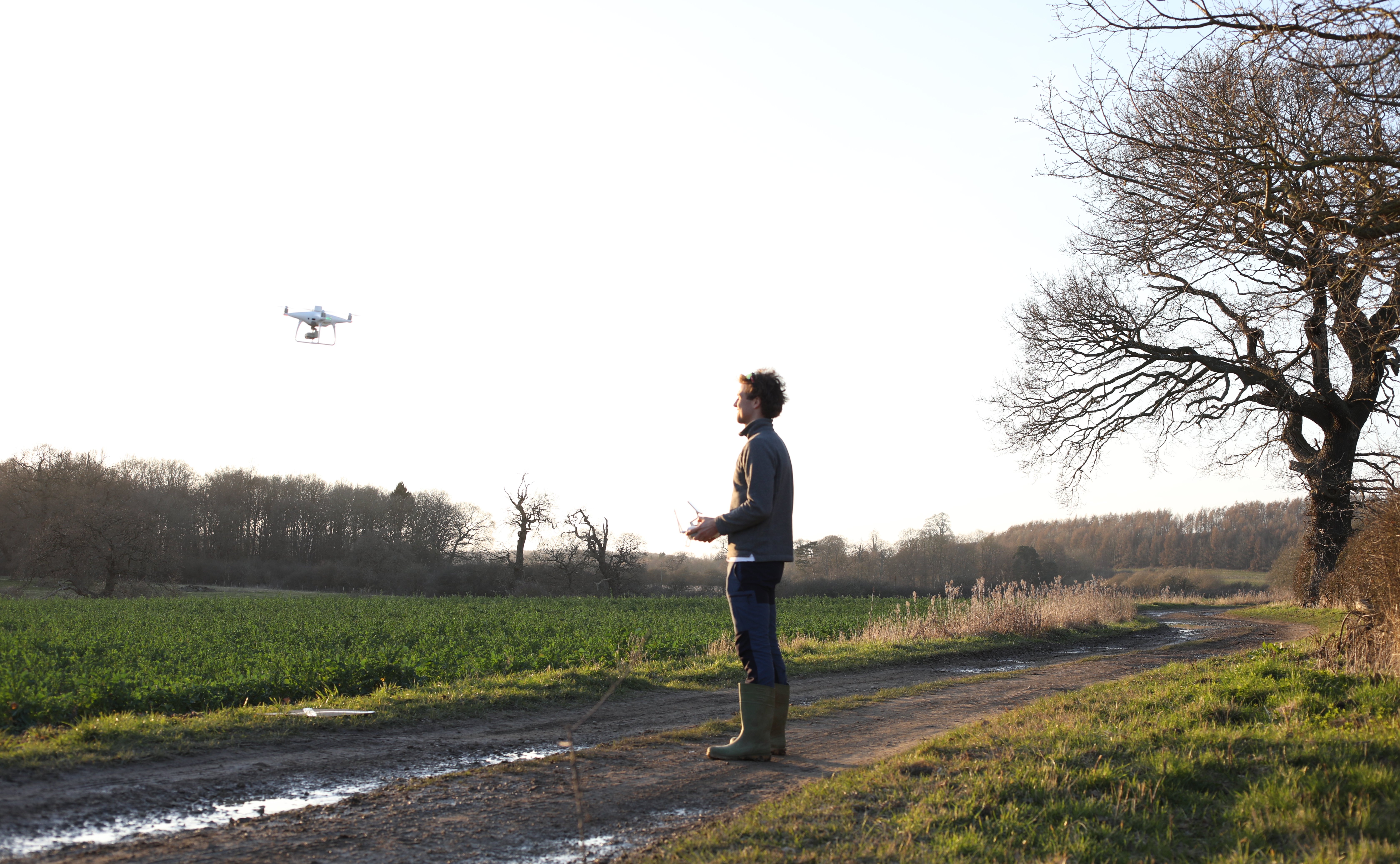
Emily Stevenson
Project Title: Quantifying species recovery following threat abatement
My research builds upon the IUCN Species Threat Abatement and Restoration (STAR) metric, by
testing the assumption that a reduction in threats results in species recovery at the site level. Through comparing the efficacy of different forms of threat abatement we are investigating the ability of local, site-level action to contribute to a reduction in global species extinction risk.
Contact Info:
https://www.researchgate.net/profile/Emily-Stevenson-16
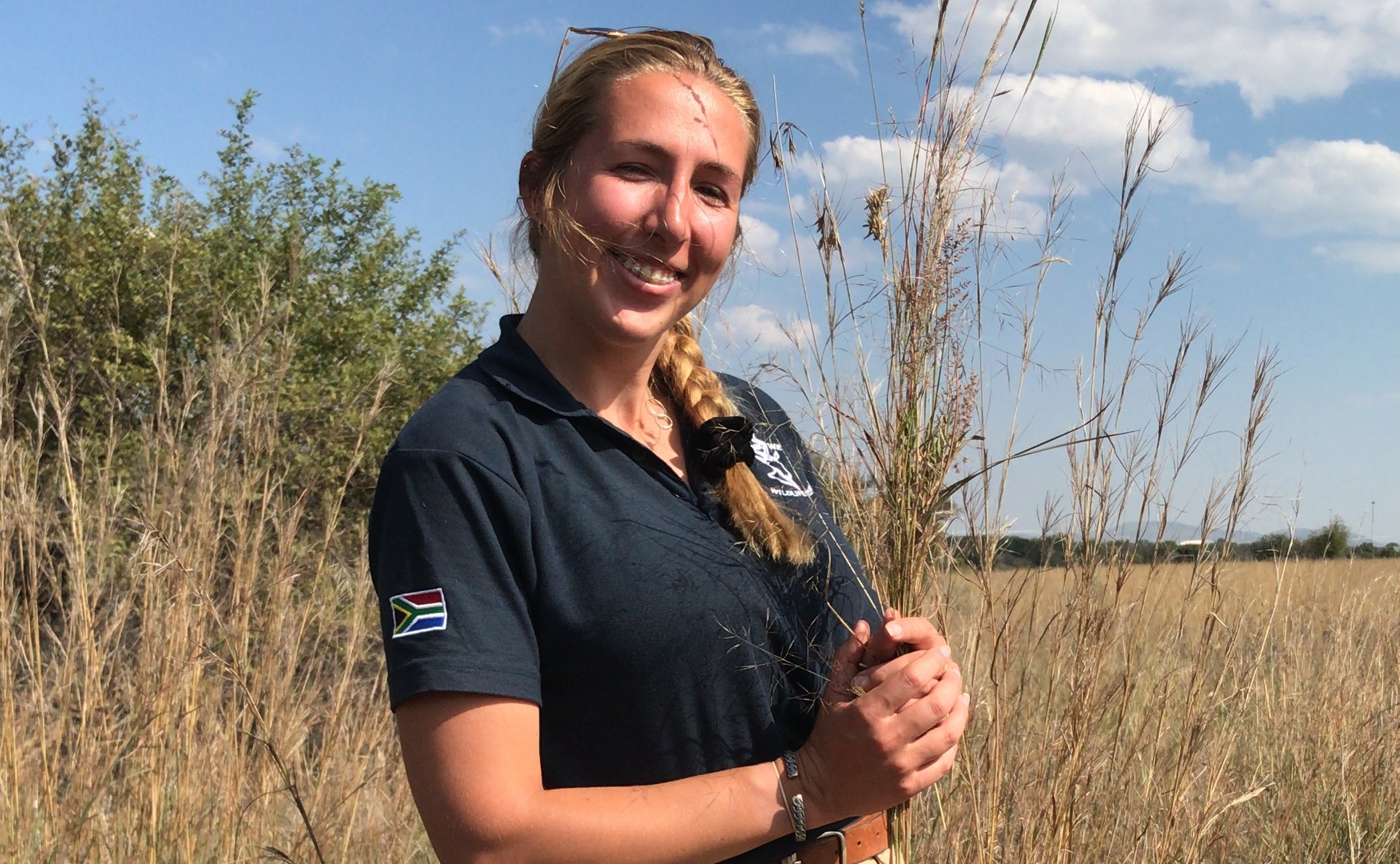
Kate Halstead
Project Title: Reducing the impact of climate change-induced storm events on native UK Oak health
The primary aim of the research is to profile the consequences of Winter 2021/2022 extreme storm events upon the health of the UK’s native oak population, studying oaks in different settings. The research incorporates novel methodologies such as remote sensing and dendrochronology. An understanding of which factors contribute to damage during extreme wind storms, will enable the suggestion of interventions to alleviate stresses and provide stakeholders with data/evidence to evaluate forest management practices and oak planting schemes.
Contact Info:
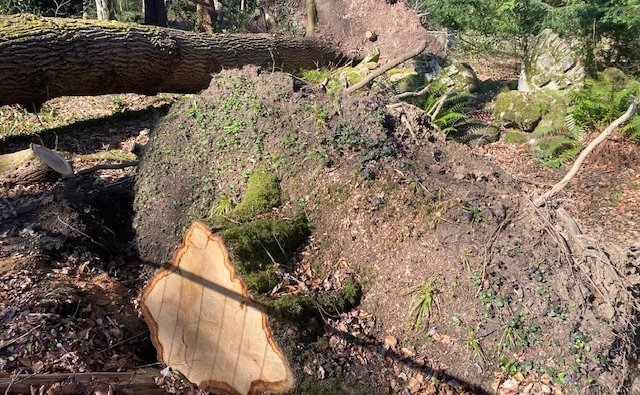
Natasha Mannion
Project Title: Biodiversity responses to infrastructure expansion in the Heart of Borneo, Brunei Darussalam
My project aims to investigate the potential impacts of infrastructure expansion on tropical forest mammal biodiversity in the Temburong district of Brunei, arising from the construction of the 30-km long SOAS bridge in 2020.
My research is centred around data collected during a 5-month field course in Temburong in 2022. Methods included using camera traps and bioacoustic recorders to collect biodiversity data, vegetation surveys to quantify forest structure, and conducting household surveys and interviews with local residents to investigate hunting in the area.
Contact Info:
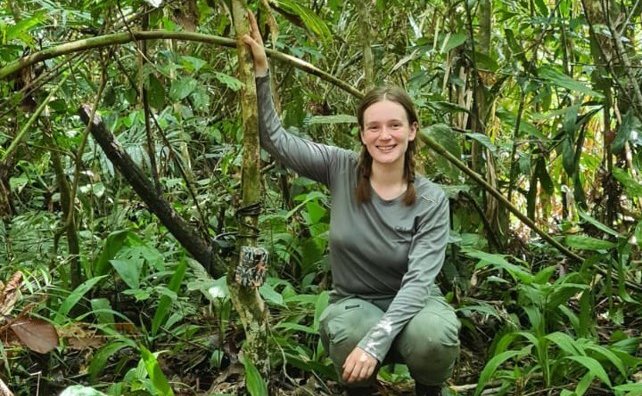
Imogen Cavadino
Project Title: Garden Gastropods: Slug and Snail Diversity in UK Gardens
In partnership with the Royal Horticultural Society, my PhD aimed to help gardeners identify the slug and snail species in their gardens and discover which are responsible for damaging plants. My research gives us better understanding of changes in slug diversity within Britain, including problematic and invasive / non-native species.
Contact Info:
https://www.rhs.org.uk/science/meet-the-team/plant-health-team/imogen-cavadino
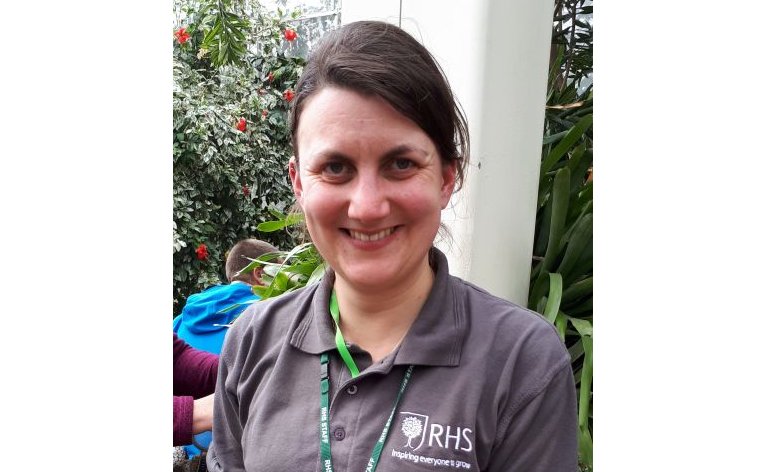
Francesca A Ridley
Project Title:Threat maps for conservation planning and policy across spatial scales
My PhD research aims to overcome barriers hindering the uptake of threat maps into threat abatement planning and policy decisions by: increasing the accessibility of existing threat mapping applications, increasing awareness of the gaps and biases in threat map production, and investigating the use of research practices that enhance relevance to decision-makers. The findings provide a set of valuable resources that can be used in the design of future threat mapping research as well as highlighting eight high-priority gaps. Filling these gaps will have invaluable benefits to the achieving goals on reducing threats and preventing species extinctions.
Contact Info:

Sylvie Tranter
Project Title: Utilising a marine biodiversity metric to support conservation in Small Island Developing States
This project looks to investigate how Small Island Developing States can utilise a recently developed marine biodiversity metric, Species Threat Abatement and Restoration (STAR), to support conservation and local livelihoods. To do this, four research questions will be used; (1) How can ecosystem restoration efforts contribute to global biodiversity targets?, (2) How can Small Island Developing States utilise STAR? (3) How can STAR support mangrove restoration in SIDS? and (4) How can local knowledge be used to improve the applicability of STAR for SIDS?
Contact Info:
https://www.researchgate.net/profile/Sylvie-N-Tranter
https://www.linkedin.com/in/sylvie-tranter-85a806157
